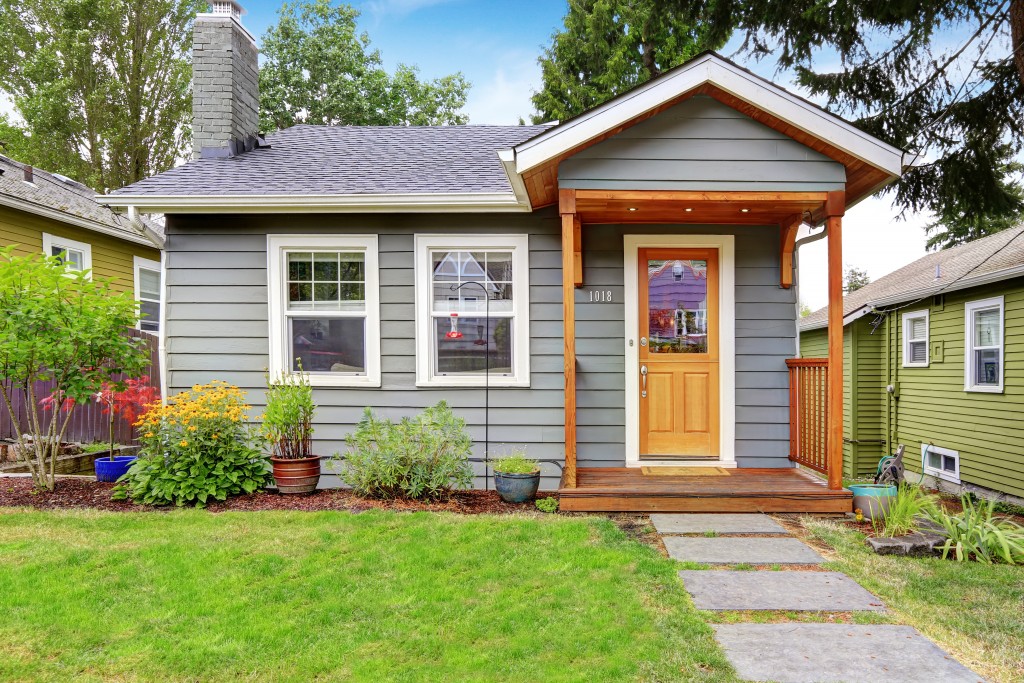Despite the student loan and economic crises that the millennial generation have gone through and are continuing to go through, millennials are now entering the housing market.
However, just as there are stark differences between millennials and the generations that have come before them, this generation has its own preferences when it comes to houses and land for sale.
So, what do millennials want in a home?
1. Smart homes and energy efficiency
This is the generation that grew up during the dawn of the Internet, cellphones, and computers. It’s only natural that millennial home buyers will be more attracted to smart homes that are also designed with energy efficiency in mind. Houses with smart features such as a programmable thermostat, security systems with CCTV, and sophisticated lighting controls fare better within the millennial market. The same applies to energy-efficient houses with upgraded appliances, water-efficient toilets and showers, and solar panels.
Technology and sustainability often go hand-in-hand when it comes to millennial-friendly housing. While millennials want to enjoy the convenience of modern tech, they also want to decrease their carbon footprint, thanks to the green movement.
2. Practical location
Younger millennials who are in their mid to late 20s tend to prefer homes in hip and urbanized areas. However, due to the high cost of housing in these areas, they usually rent and opt for smaller places. And since younger millennials are likely in the early stages of their career, they want a place that’s close to their place of work instead of the suburbs.
Millennials tend to marry and have children later in their lives compared to the previous generations. Hence, you would see millennials with families that are already in their early to mid-30s. For this demographic, finding a family-friendly home in a practical location (good schools, healthy environment, close to work) is usually the goal. But akin to younger millennials, the size of the home gets pushed further down the list of factors to consider, with the price being the first.
3. Smaller sizes

Smaller homes have smaller price tags, which is why millennials are gravitating towards starter homes, townhouses, and condos. With student loans to pay and a highly competitive job market, younger millennials prefer to live in smaller places, not only because of affordability but also because of the easy maintenance. However, as millennials start families, they tend to move to bigger houses in the suburbs, just like the previous generations.
4. Simple and open floor plans
Gone are the days of overcomplicated floor plans and houses with a dozen rooms that our grandparents loved back then. For millennials, houses with simple floor plans and open spaces are more attractive. This can be attributed to the fact that millennials prefer minimalism, modernism, and maximization of space. In this way, even if the house is small in terms of square footage, millennial homeowners won’t feel cramped in their house.
It is impossible to come up with a single buyer profile for the average millennial. However, these are the things that this generation prioritizes when it comes to home buying. That said, if you are a home seller, take these things into account when targeting the millennial market.

